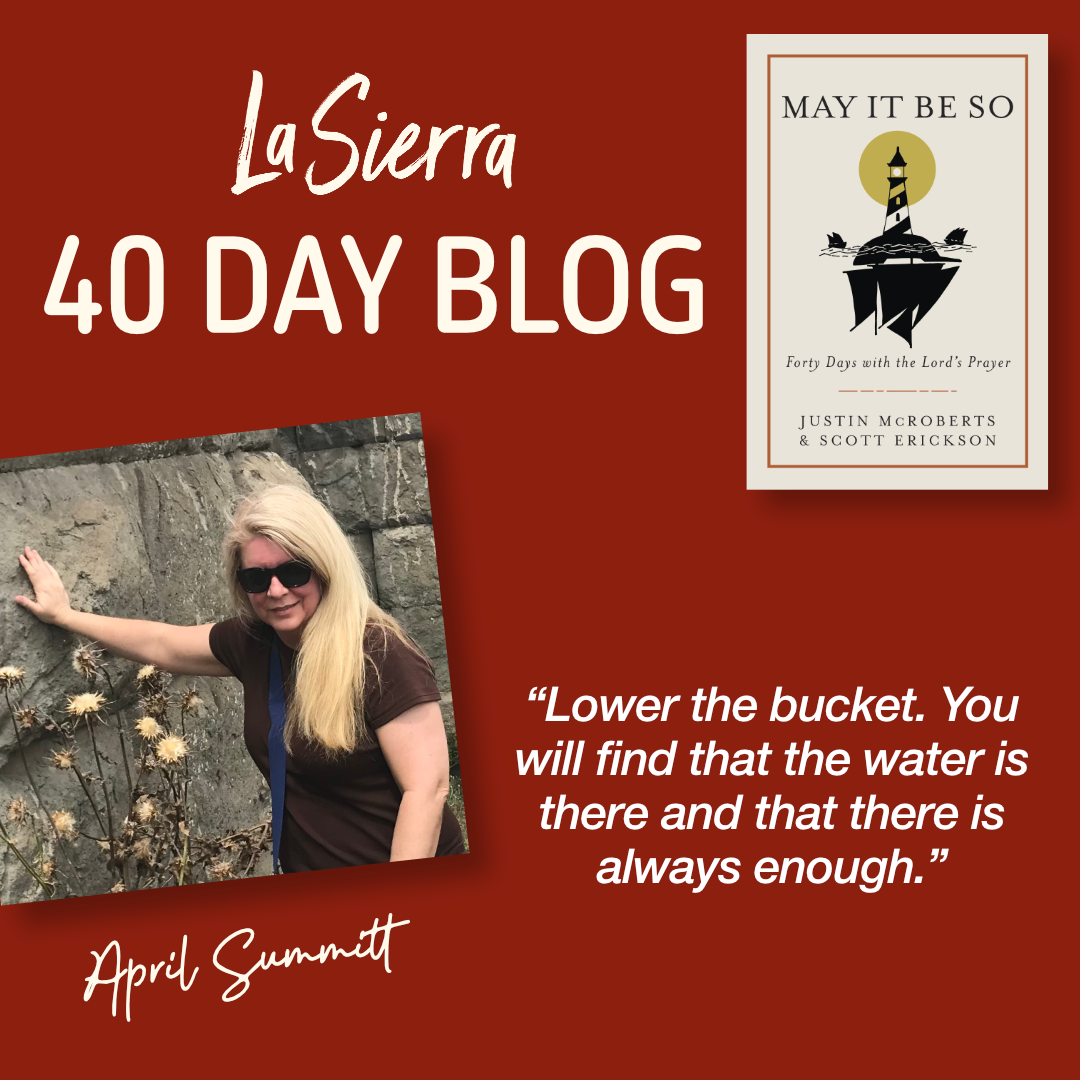It was an ordinary day…just like the one before, filled with a lot of work – classes to teach, papers to grade, students negotiating for more time for the assignment. I felt exhausted, almost too tired to walk out to my car, but I needed to go home and work on the manuscript. The editor was getting impatient, and I needed that publication.
Just as I began to reach for my keys, I saw a student I did not recognize standing in the doorway. Feeling almost irritated, I gathered myself and said “Hi, are you looking for Dr. Adamson? Her office is next door.” The girl did not move for a few long seconds. Just as I wondered what to say next, she finally said, “I’m not in your class, but I just really need to talk to someone.” I offered her a chair and we talked for the next two hours. We never talked about any of her classwork. We talked instead about families, how to build community, how to find purpose amid so many competing pressures. Finally, we stood and began to part ways. She hugged me, saying “Thank you for listening to me. I had nowhere else to go.” As she left and I walked to my car, I whispered to myself, “there is always enough strength for the most important things.”
I never saw her again. I do not know her major or when she might have graduated. All I know is that talking with that student is the most important thing I’ve ever done.
Wells do run dry and so do rivers. I have studied water for many years as a source of civilization, transportation and exploration, agricultural development, boundary-formation, political conflict, and greed. Most of the first feats of engineering focused on water – how to collect it, draw it, transport it, store it. It is not surprising that people settle as close to a water source as possible…or dig a well and cluster a village around it. Remember the blog for Day 3 (February 24) when Pastor Elizabeth wrote on community? The picture that accompanied the prayer was a circle of houses surrounding a single well.
The drawing for today’s prayer is also a well, without the houses around it. You can see there is something in the well and a nice, long rope to lower the bucket, but it is not clear how deep the well is. I could ask many questions about this well. Is it only for me? Am I strong enough to haul up a bucket of its water without anyone else to help me? Will there be enough? It is hard to see how much water is there. And yet, I read again today’s prayer: “May I never confuse my own limited capacity for love and generosity with the depth of the well I draw from.” Yes, this well is limitless. Sometimes that is easy to forget.
When I was a teenager, I experienced a watershed moment that changed me forever. I was working patientcare in a nursing home, caring for a woman named Mrs. Hoff. I never heard a first name, and she never had a single visitor in the three years I worked there. Mrs. Hoff was bed-ridden and could not move at all. She was blind and could not speak. It was unclear if she could hear. She just laid there in the bed, curled up, moaning from time to time.
One night, near the end of my shift, I started talking to Mrs. Hoff. I had gone through some tough experiences and needed someone to listen. So, I talked to her. I laughed a bit, but mostly cried. When it was time to go, I thanked my silent audience for listening and on impulse, I bent down and kissed her cheek.
As I moved toward the door, I gave a quick glance back, just in time to see the tears of gratitude-sliding down her chalky cheeks. It was then that the understood universe convulsed-that moment at the door when I realized that Mrs. Hoff could hear and understand, even though she could not speak.
After that night, I often spent time in her room at the end of each shift, just talking. Sometimes I sang to her. Once, one of my classmates asked me why I spent so much time talking to Mrs. Hoff. “Aren’t you tired? We have a test tomorrow!” I nodded my head. “I am exhausted,” I answered. “But there is always enough strength for the most important things.” I have said that many times since.
The well does not run dry. It is deep and filled with the overflowing waters of love. Lower the bucket. You will find that the water is there and that there is always enough.
April Summitt is Provost of La Sierra University and can sometimes be found exploring ancient waterworks and aqueducts.
These reflections stand alone, but if you want to enjoy the prayers from May It Be So that they’re based on, please click here to request a copy of the book.

